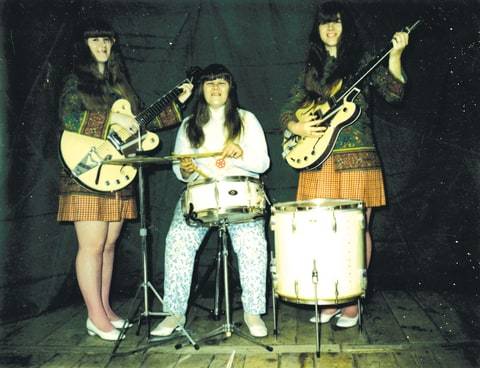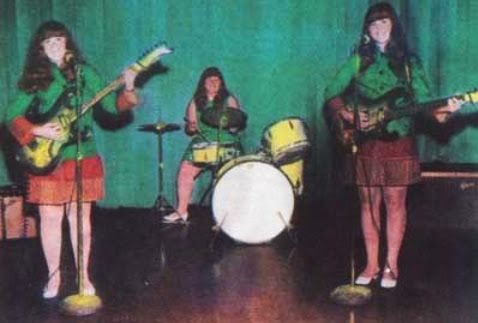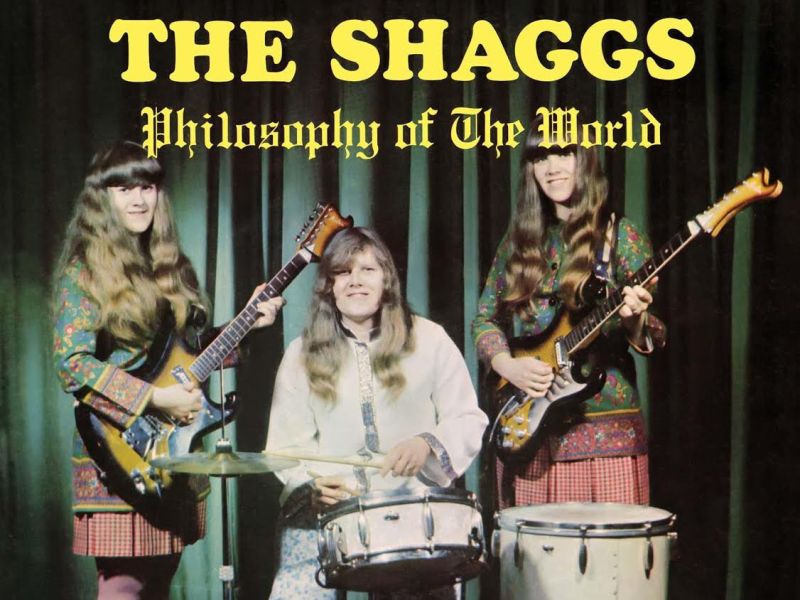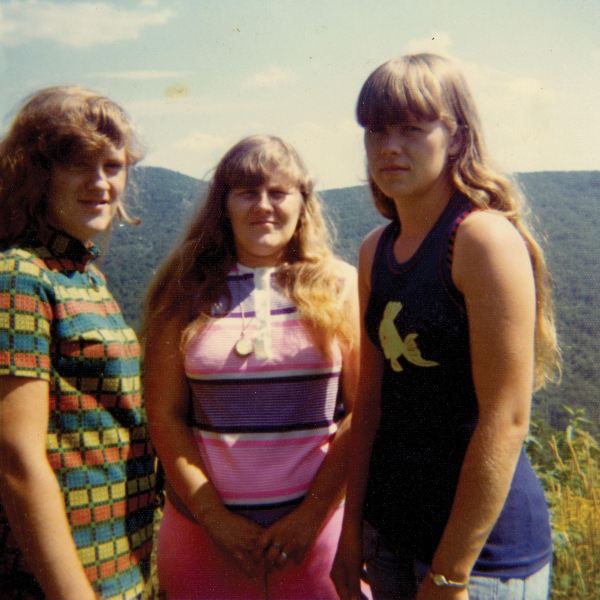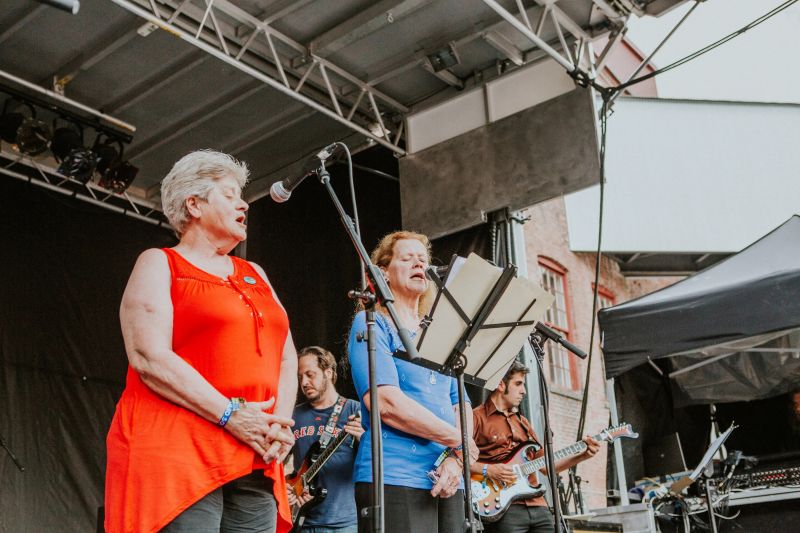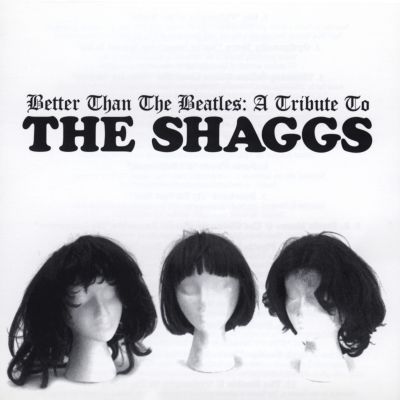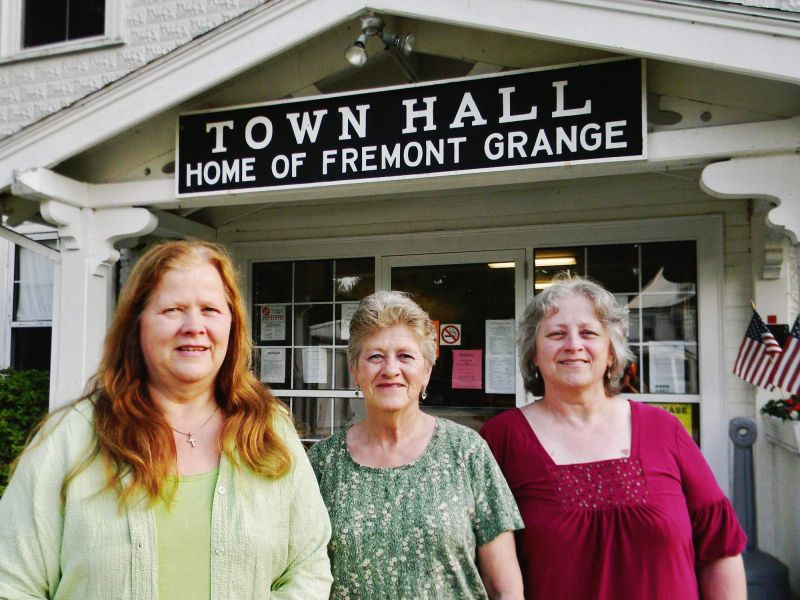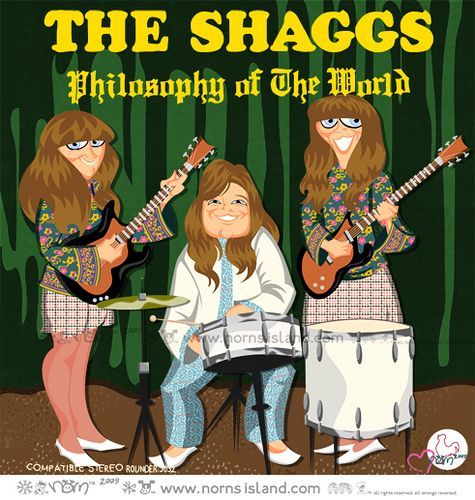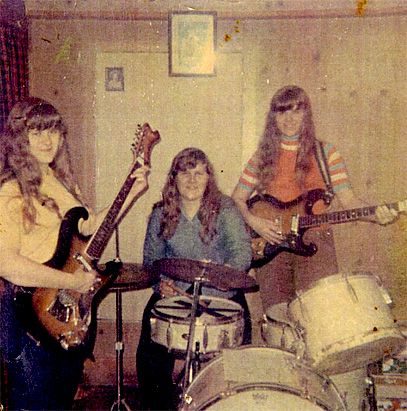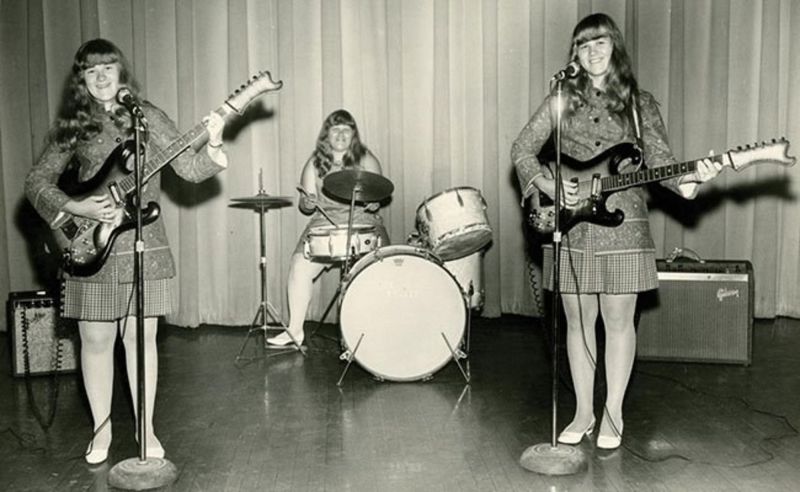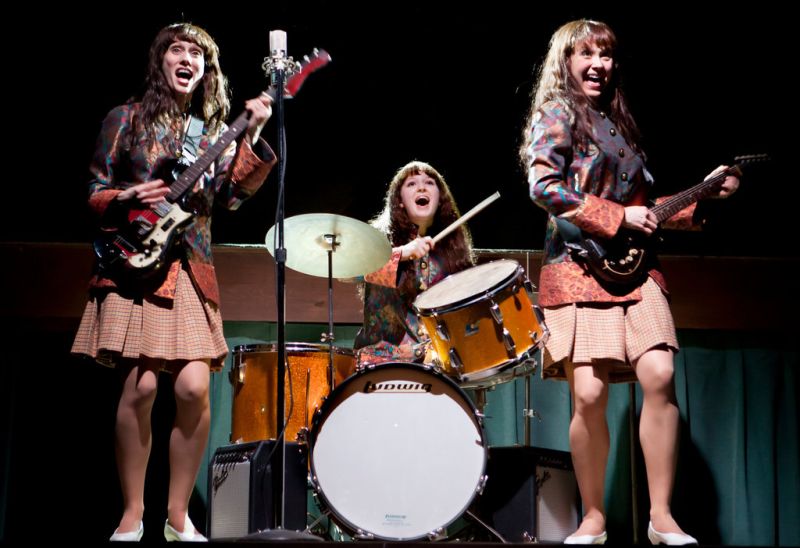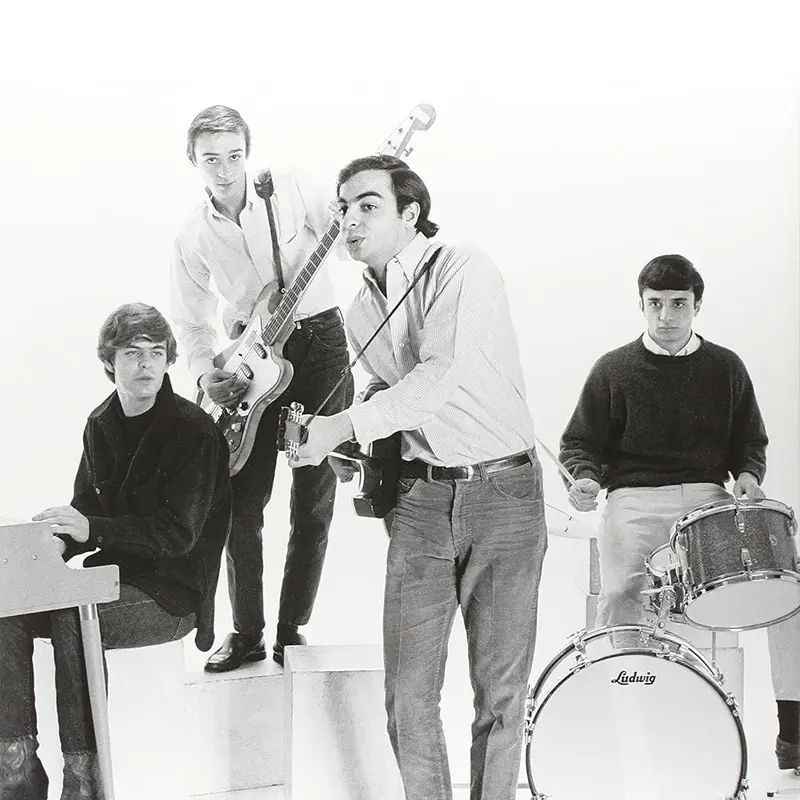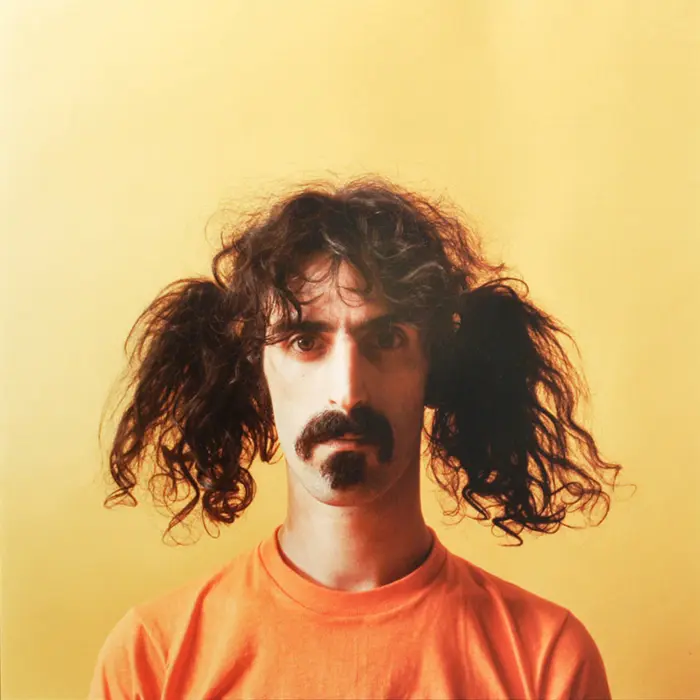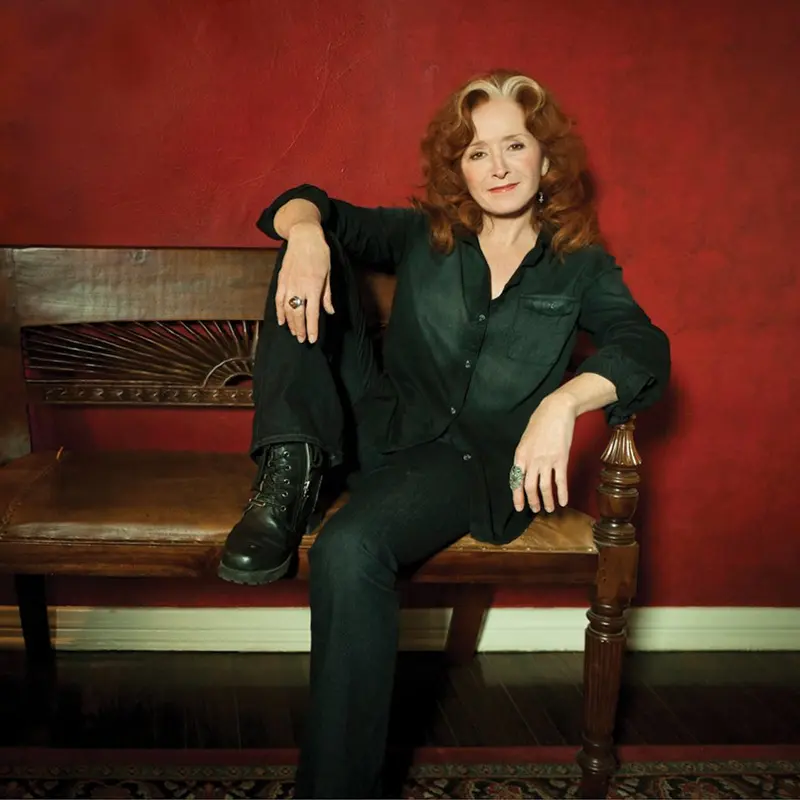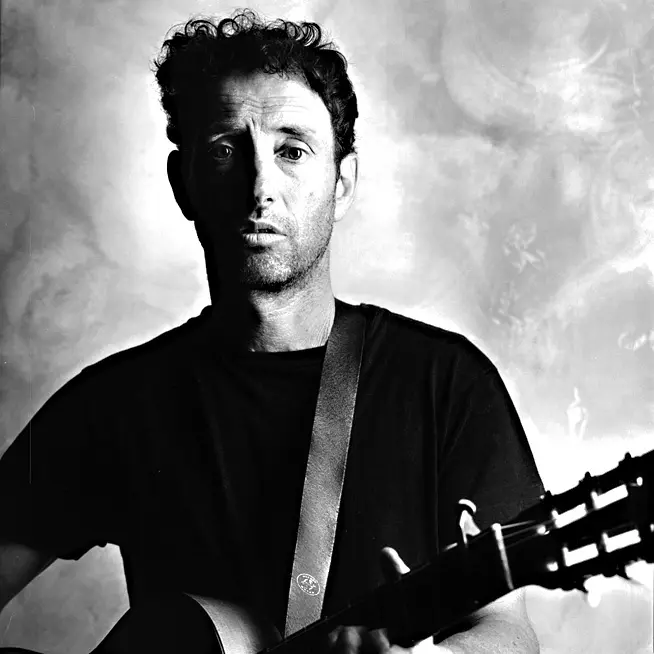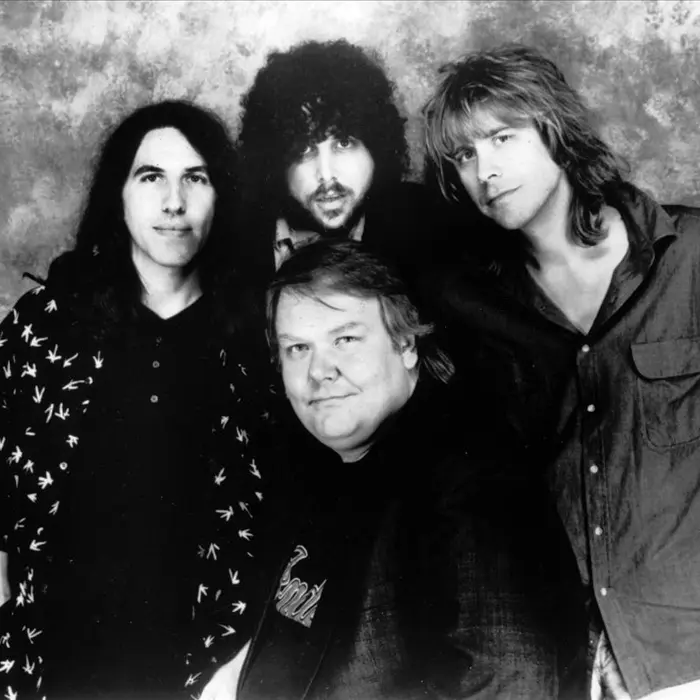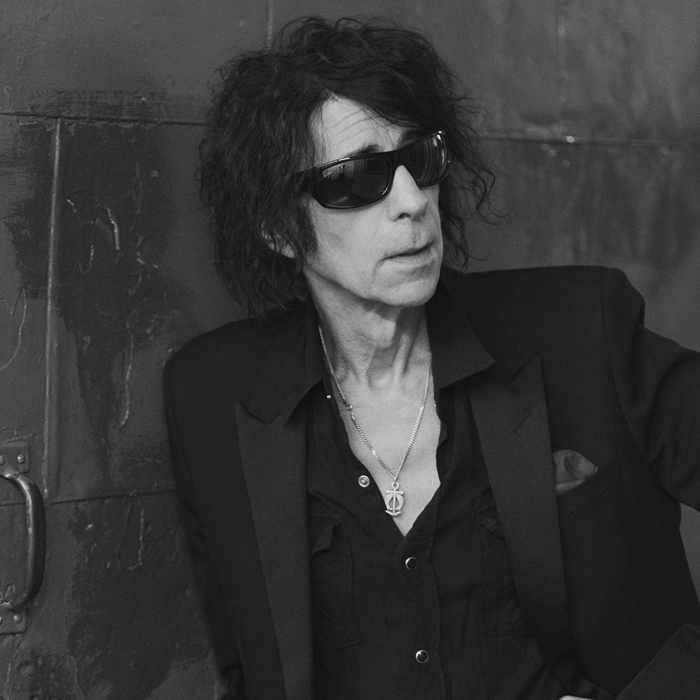The Shaggs
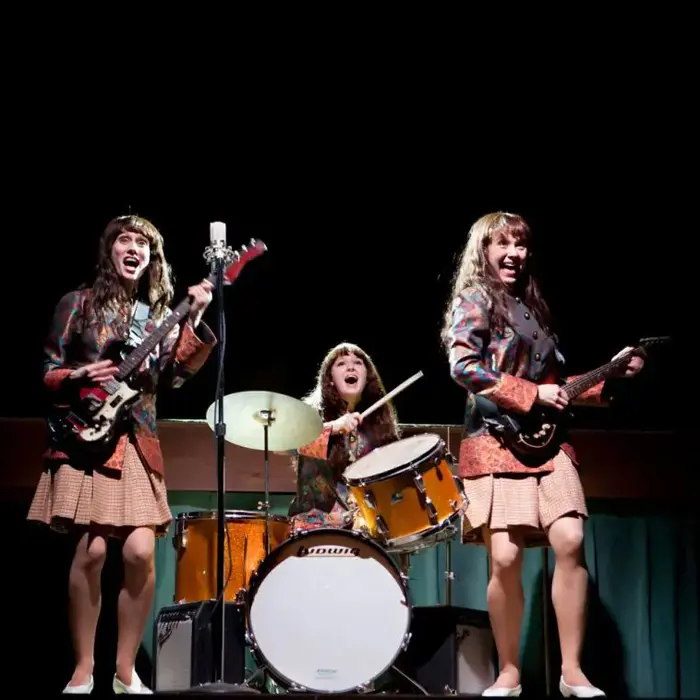
Trying to name a more polarizing musical partnership than The Shaggs is extremely difficult, like herding cats, if not impossible, like shoveling smoke. With their awkward, atonal singing and distracting dearth of technique, the late-‘60s family trio was the ultimate, albeit unwitting foil to chart-topping, pristinely polished sibling singing sensations of the decade like The Beach Boys, The Jackson 5 and The Bee Gees. And the group was lambasted and lauded for their utter absence of artistic sophistication – in virtually equal measure.
First, the lambasting: Rolling Stone magazine critics Debra Ray Cohen and Chris Connelly trashed the band’s sole album, Philosophy of the World, with the former comparing them to “lobotomized Trapp Family Singers” playing in “happy, hapless quasi-unison along ostensible lines of melody” and the latter writing “it may stand as the worst album ever recorded.” Another critic compared them to “prepubescent children” who were “seldom in sync” like a “newly formed band at one of their first rehearsals, struggling to play at the same pace or hit the notes.”
Next, the lauding: The Shaggs have been labeled “charmingly inept,” “accidentally genius” and “the godmothers of ‘outsider music’” (songs written and/or performed by self-taught and/or naïve singers/musicians). Creation Records co-founder Alan McGee called them “ground zero” for novelty acts like falsetto singer/ukulele player Tiny Tim, Pitchfork magazine said The Shaggs “laid the groundwork” for ‘80s/’90s twee pop and critic Cub Koda lauded them for “making a virtue out of artlessness.” Their LP is #5 in NME’s “100 Greatest Albums You’ve Never Heard,” #17 in Rolling Stone’s “40 Greatest One-Album Wonders” and Vice magazine named it “the best worst album of all time.” Original, mint-condition copies have sold for as much as $10,000, according to Rolling Stone.
Regardless of The Shaggs’ inanity or brilliance, however, their unique mystique has provided them with a cult following akin to The Remains’ and The Rising Storm’s, with professed fans including Frank Zappa, Bonnie Raitt, Jonathan Richman and members of NRBQ. Zappa, who reportedly said The Shaggs were “better than The Beatles,” called Philosophy of the World his third-favorite album of all time and Nirvana’s Kurt Cobain said it was his fifth.
Formation
Formed in 1965 in Freemont, New Hampshire, The Shaggs were three of the five Wiggin sisters: drummer Helen (b. 1946), lead guitarist/vocalist Dot (b. 1948) and rhythm guitarist/vocalist Betty (b. 1950). Their sister Rachel (b. 1953) played bass on one track of their album. Dot wrote the songs, mostly about childlike simplicities like her pet cat and yearning for straight hair, but some with dark, depressing and downright disturbing themes.
While the sisters enjoyed the teeny-bopper pop of Herman’s Hermits, Ricky Nelson and Dino, Desi & Billy, each has said they had zero interest in pursuing music on their own, instead imagining their futures like many of their female contemporaries: marriage, children and perhaps part-time secretarial work. But their father, Austin Wiggin Jr., had a radically different vision and The Shaggs were his brainchild in every way, from the band’s name and his funding their album to his managing the group. A mill hand in Exeter described by coworkers as “humorless,” Austin took a super-strict approach to raising his daughters, forbidding them to date until age 18 and never allowing them to attend dances or concerts.
His motivation for assembling the band was inspired by two factors: primarily, a palm reading his mother had given him as a boy which predicted his daughters would play together in a famous band; secondarily, the rise of Beatlemania. A deeply superstitious man, Austin believed the latter was confirmation of the former, so he sought to bring what he perceived as his girls’ preordained destiny to fruition – with him as the paternal puppet master. Dot has said that her father had “no interest in music” and only wanted “to fulfill his mother’s prediction.“
Musical training, Becoming “The Shaggs”
Step one of his plan was removing the girls from public high school, enrolling them in a Chicago-based mail-order program, American Home School, and designing their daily schedule himself: mornings of private lessons and practice, afternoons of group rehearsal, dinnertimes reviewing songs, evening calisthenics and often more rehearsal at night. The sisters have said that their only times outsides their home were Friday nights for grocery shopping and Sunday mornings for church.
Step two was naming the group, which Austin did without any input from the girls, choosing “The Shaggs” based on the then-popular “shag” hairstyle and the 1959 film The Shaggy Dog. For a unified look, Austin cut the girls’ hair himself, styling their locks into bangs to create a “shaggier” appearance.
Debut appearance, Freemont Town Hall shows
In 1968, after almost three years of rigorous lessons and rehearsals (plus home schooling and calisthenics), The Shaggs made their live debut at a talent show in Exeter – and were met with heckling and thrown trash from the first song, a cover of The String-A-Longs’ “Wheels.” Utterly humiliated but pressured to continue by their father, their next show was at a nursing home and received a polite response, after which they began playing every Saturday night at Freemont Town Hall, at times joined by brothers Austin III on maracas and Robert on tambourine while sister Annie handled tickets and refreshments. Despite being pelted consistently with empty soda cans, chewed gum and cigarette butts during shows, the girls persevered while Austin taped and filmed shows for use as promotional material.
Philosophy of the World, Shaggs’ Own Thing, The Shaggs
In March 1969, he took the girls to Fleetwood Studios in Revere to record the 12-song Philosophy of the World, which they finished in one day. Although producer Bobby Herne and the engineer strongly suggested more practice before taping, Austin insisted they continue and paid Charlie Dreyer of local label Third World to press 1,000 copies, but what happened to most of them remains a mystery. Dot has said that Dreyer delivered only 100 to Austin and kept 900 for himself, but Dreyer claimed that Austin took delivery of all 1,000 and refused to distribute more than 100, fearing copycat acts. Regardless, Philosophy of the World received no media attention whatsoever and the Wiggin family didn’t make a dime.
The Shaggs continued playing their weekly Freemont Town Hall shows for four more years, until town supervisors stopped the shows in 1973 citing increased fights, illegal drug use and wear on the hall’s wooden floors. Austin was infuriated but the sisters, now in their early/mid-20s and still living at home, welcomed the end to the weekly grind and continued to perform semi-regularly at local fairs and the nursing home.
In 1975, Austin brought the band back to Fleetwood to record a second album but the session produced nothing they considered useable. Later that year, he died of a massive heart attack at age 47 and The Shaggs disbanded, selling virtually all of their equipment.
By 1976, however, Philosophy of the World was a hot topic among Boston-area musicians and WBCN began playing some tracks, which in 1980 led to NRBQ’s Red Rooster label rereleasing it and then issuing 1982’s Shaggs’ Own Thing, a collection of the group’s 1969-1975 recordings. In 1988, Rounder Records put remasters of both LPs on a single disc, The Shaggs, and in 1999 RCA Victor rereleased the original album, followed by Dot and Betty appearing at NRBQ’s 30th-anniversary show.
Better than the Beatles, Musical, 2017 festival appearance
The 2000s have brought The Shaggs further attention, starting in 2001 when the Animal World label released the 13-track album Better than the Beatles: A Tribute to The Shaggs. In 2011, an off-Broadway musical about the group, “Philosophy of the World,” opened in New York City and in 2012 Dot and Betty attended a Shaggs tribute concert in Brooklyn organized by producer/composer Jesse Krakow, which resulted in him assembling musicians for The Dot Wiggin Band – which does not include Betty or Helen – and producing their 2013 album Ready! Get! Go!, issued by Alternative Tentacles Records.
In 2017, Light in the Attic Records reissued Philosophy of the World and Dot and Betty performed at the Solid Sound Festival in North Adams, Massachusetts – singing only, not playing instruments – along with Peter Wolf, Television, Wilco and others. Describing the band as “legendary,” The New Yorker called their set “beautiful,” “unsettling,” and “eerie.” Dot and Betty, ages 75 and 73 respectively as of 2023, still perform together occasionally; Helen died in 2006 at age 60.
Comments on cult following
Asked in a 2016 why The Shaggs have gained such a cult following, Dot credited the “honesty and originality” of the band’s backstory, adding that she’s amazed by the accuracy of her grandmother’s palm-reading prophecy roughly 100 years ago, the one which drove her father to create the group. “I’m sure he would be loving the way people still talk about The Shaggs,” she said. “That was his dream. I’m sure he has a big smile on his face wherever he is.”
(by D.S. Monahan)

